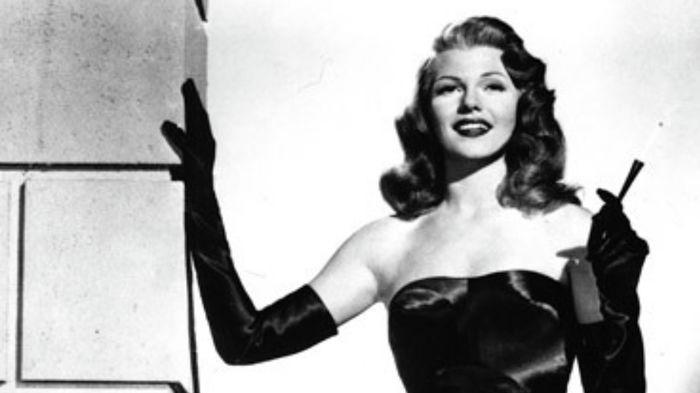Ferris Bueller’s Day Off: More than a teen comedy
Sarah Abbas unpicks John Hughes’ cult classic and deems it more than just a coming-of-age story

The year is 1986. John Hughes has released yet another teen comedy. Matthew Broderick is about to become the new heartthrob of the decade. At the prime age of sixteen, my sister finally convinced me to watch this classic. ‘Please, Please, Please Let Me Get What I Want’ by The Dream Academy became the anthem of my summer, and I was convinced that dressing like Mia Sara was the key to popularity.
“Ferris is the character we all want to be”
On the surface, this is a story of three friends on a mission to skip school in order to chase a never ending adrenaline rush. Convinced that there was a secret meaning, I spent the next year reading countless articles, watching the director’s cut and replaying the 103-minute motion picture so many times that I can still recall every line. Ferris Bueller’s Day Off is not just another high school movie, it is a deeper analysis of the best-friend duo. An analysis of the two types of people in life: the one that everything falls into place for, and the one that everything falls apart for.
“Ferris Bueller, you’re my hero!” Ferris is the character we all want to be. He’s blasé. He’s spontaneous. He’s easygoing. He has loving parents. He gets the girl. Don’t get me wrong, I love Ferris. He adopts a growth mindset, believing that he is capable of anything, as long as he tries. Unafraid of authority, he questions the system and forms his own path. Despite his arrogance and slightly concerning manipulative tactics, Ferris is not a bad person. In fact, the whole premise of this film is Ferris’ dedication to his friend, Cameron, who according to Ferris has manifested an illness only cured by good-old-fun.
“The more Cameron looks at the painting, the less he sees”
Cameron is Ferris’ foil. Cameron doesn’t know what he wants to do in life. His parents are cold and controlling. He admits his attraction to Sloane but considers her out of reach. These characters are essential to the viewing experience of this cult classic. The audience always resonates with one and wonders how the other is able to live in such a way. This film warrants the viewer to look inwardly and determine what kind of person they are and, more importantly, what person they want to be.
My favourite scene in this Hughes-essential-viewing is the museum scene. No, not because of the make-out session of perhaps my all-time favourite couple in front of the glass-stained window. Shot at the Chicago Art Institute, the frames overlay an instrumental version of my favourite song by The Smiths. Reflecting aspects of the movie, the art shown in this scene is intentional. Several pieces with mother and child contrast Cameron’s broken relationship with his parents. At the end of the scene, Cameron stares at one piece in particular. As John Hughes said in the director’s cut, the way the painting evolves is reflective of how Cameron feels. The more Cameron looks at the painting, the less he sees. He panics that the more you look at him, the less you see.
“This film warrants the viewer to look inwardly and determine what kind of person they are”
I’ve always been a detail-oriented person — without the details, how do you form a larger picture? This film shook me into seeing that maybe that isn’t always the case. Sometimes the larger picture is more important. The details blur. At a time when I felt so lost and lifeless, seeing Cameron experience those same emotions was comforting. So whenever I watch back this film that a concerning amount of boys have based their personalities on, I feel nostalgic for a time when although everything wasn’t okay, I knew it would be eventually.
So what is Ferris Bueller’s Day Off really about? A spin on the classic coming of age, Ferris reminds us that it’s good to be forward and unashamed at times. Cameron reassures us that it’s okay to feel lost and broken. These characters balance each other. Cameron scolds Ferris for being manipulative and insensitive, while Ferris requests for Cameron to live out his finite years with no regret. To the casual viewer, they are either one or the other. But for the rest of us, we recognise that we need to be both.
 News / Clare Hall spent over £500k opposing busway 24 December 2025
News / Clare Hall spent over £500k opposing busway 24 December 2025 Comment / The ‘class’ of Cambridge24 December 2025
Comment / The ‘class’ of Cambridge24 December 2025 News / Caius mourns its tree-mendous loss23 December 2025
News / Caius mourns its tree-mendous loss23 December 2025 Comment / League tables do more harm than good26 December 2025
Comment / League tables do more harm than good26 December 2025 News / Girton JCR publishes open letter expressing solidarity with Palestine25 December 2025
News / Girton JCR publishes open letter expressing solidarity with Palestine25 December 2025











